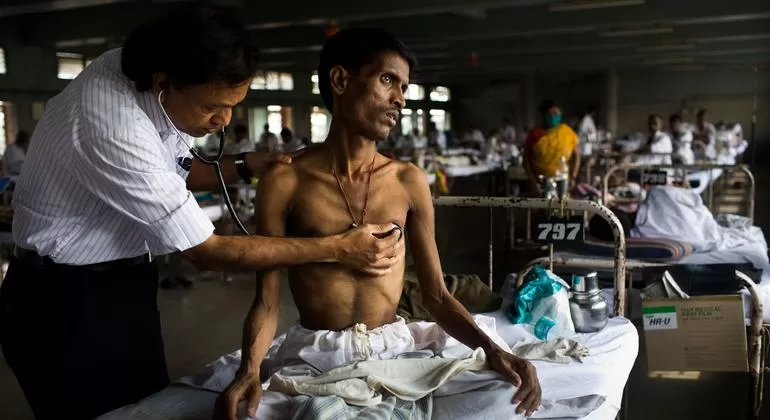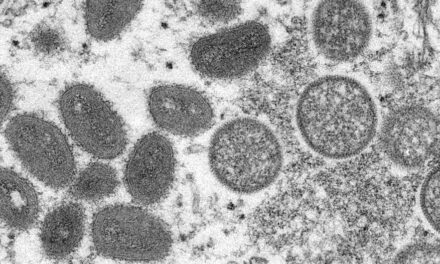Johannesburg, South Africa – A groundbreaking study has revealed that a combination of conditional cash transfers and tuberculosis (TB) counseling significantly enhances treatment success rates and reduces patient loss to follow-up in South Africa. The study, published in The Lancet Infectious Diseases on February 6, 2025, was led by Professor Nazir Ismail from Wits University and Dr. Harry Moultrie from the National Institute for Communicable Diseases (NICD).
Loss to follow-up is a critical challenge in TB treatment and refers to patients who either do not initiate treatment after diagnosis or discontinue treatment before completion. The study demonstrated that offering cash incentives, contingent on patients attending scheduled appointments and completing treatment, significantly improved adherence rates.
The randomized controlled trial, conducted across nine clinics in Johannesburg, assessed a patient-centered intervention that combined pre-test and post-test TB counseling with financial incentives. The results showed that the intervention halved unsuccessful TB treatment outcomes compared to standard care.
“Our findings bring us closer to achieving the 90–90–90 TB targets, which aim for 90% treatment success,” said lead author Professor Ismail from the Department of Clinical Microbiology and Infectious Diseases at Wits University. “By addressing financial and behavioral barriers, this approach can reduce disease transmission and improve public health outcomes.”
The 90–90–90 TB targets refer to 90% of people with TB being diagnosed, 90% of diagnosed patients receiving treatment, and 90% of those treated achieving successful recovery.
Professor Ibrahim Abubakar, joint senior author of the study and Dean for the Faculty of Population Health Sciences at University College London (UCL), emphasized the broader significance of the findings. “We are delighted that this partnership with Wits has produced policy-relevant evidence with implications for South African and global TB control and elimination,” he stated.
According to the study, TB patients who received both counseling and cash incentives had a significantly higher treatment completion rate (82.0%) compared to the control group (65.6%). The intervention also resulted in a substantial reduction in the relative risk (0.52) of unsuccessful patient outcomes, which included failure to start or complete treatment, treatment failure, drug resistance development, or death. Additionally, pretreatment loss to follow-up decreased from 15.8% to 3.9%, indicating improved patient engagement.
Disclaimer: This article is based on a published study and does not constitute medical advice. The results presented are specific to the study conditions and may not be universally applicable. Patients are encouraged to consult healthcare professionals for personalized medical guidance.
For more information, refer to: Nazir Ismail et al, Effects of conditional cash transfers and pre-test and post-test tuberculosis counselling on patient outcomes and loss to follow-up across the continuum of care in South Africa: a randomised controlled trial, The Lancet Infectious Diseases (2025). DOI: 10.1016/S1473-3099(24)00816-8.











